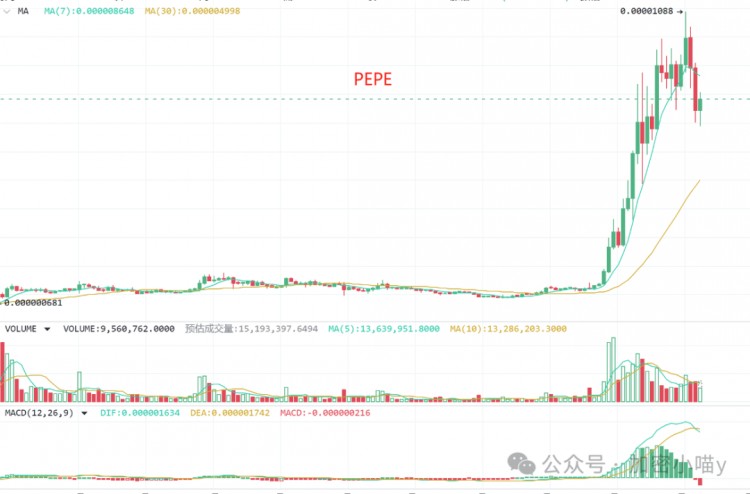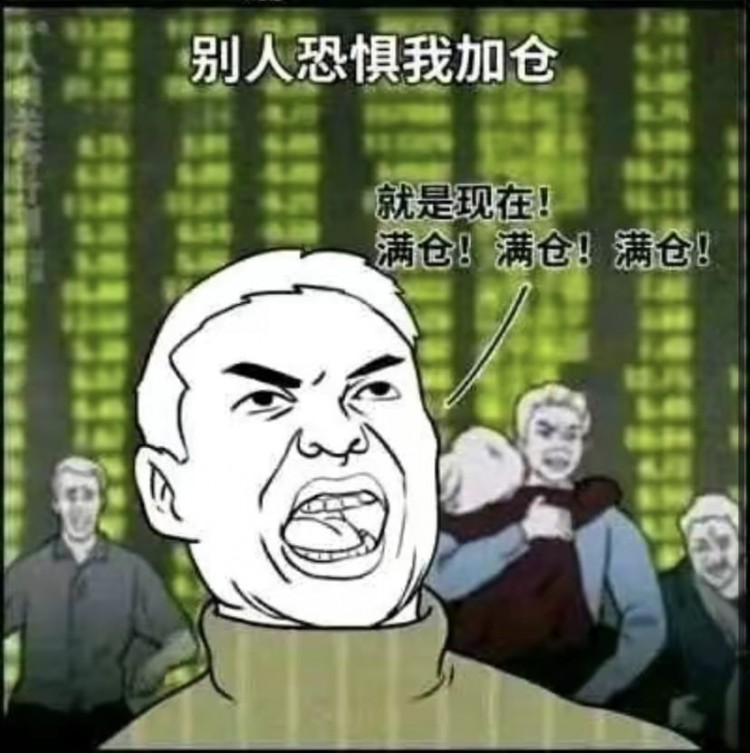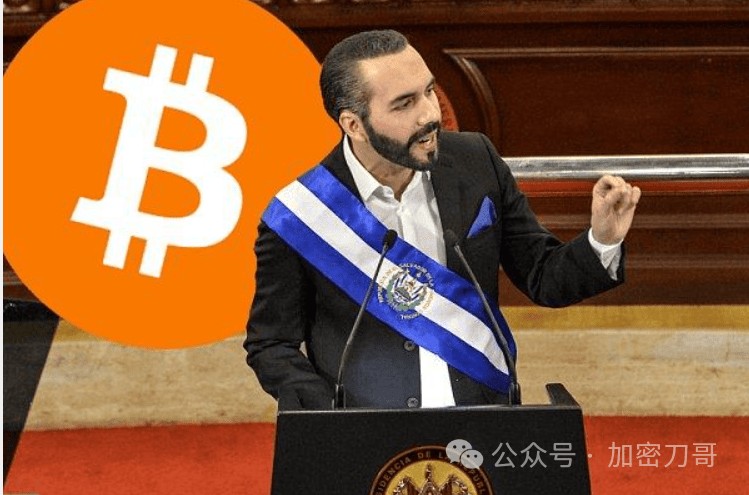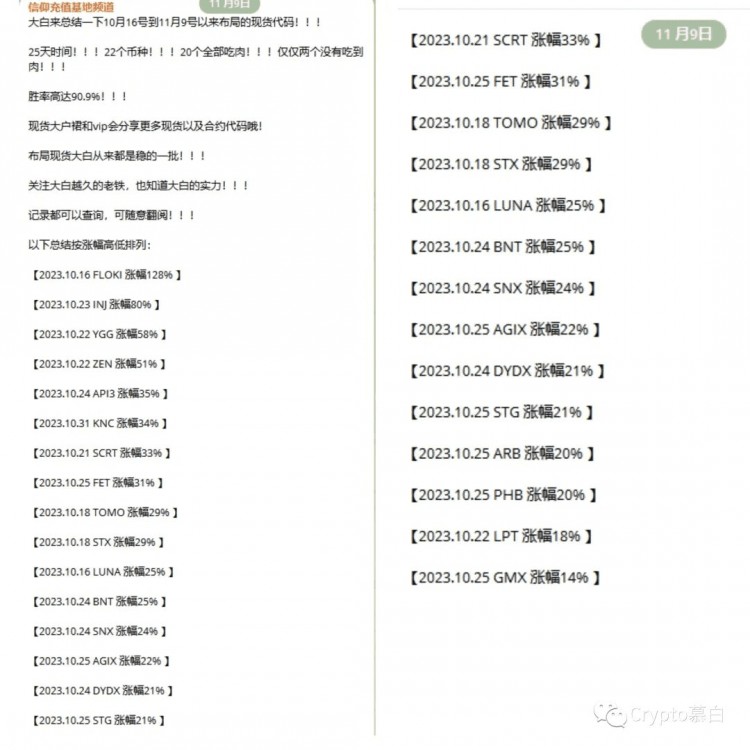时间:2024-02-04|浏览:300

用戶喜愛的交易所

已有账号登陆后会弹出下载
At present, exchange OTC is the main channel for investors in the currency circle to deposit and withdraw funds. Before the release of the "September 4th Announcement" in 2017, investors directly transferred fiat currency to the exchange account to purchase virtual currencies such as Bitcoin. After the "September 4th Announcement" was released, the country increased its supervision of the industry, so the exchange's OTC business was derived. The exchange no longer accepted users' legal currency, but became a platform similar to Taobao that only provides OTC buying and selling order information. Assist users to conduct deposit and withdrawal transactions with merchants, and the exchange does not charge any fees during the entire process.
However, with the popularity of virtual currencies such as USDT and their own advantages, more and more black and gray industries use virtual currencies as a media tool for illegal and criminal activities such as money laundering and electronic fraud. Exchange OTC has become the largest criminal risk in the currency circle. Business.
Recently, among the typical cases for punishing foreign exchange-related crimes jointly issued by the Supreme People's Procuratorate and the State Administration of Foreign Exchange, there are two cases involving OTC business in the currency circle. Below, the author will analyze the legal risks existing in the OTC business of the currency circle based on cases.
Exchange OTC business logic
Before analyzing the legal risks, you first need to understand the business logic of the exchange's OTC. From the figure below, it can be clearly seen that the two parties in the entire OTC business are users and OTC merchants. The exchange, as a platform, provides transaction matching and To ensure transaction security, users and merchants obtain transaction order information within the platform and transfer funds off-site through bank cards, Alipay, WeChat and other channels. The transaction target USDT and other virtual currencies are equivalent to transferring from one account on the platform to another. middle. How does this transaction model involve illegal and criminal activities?

Illegal business crimes involved in currency circle OTC business
The two typical currency-related cases released by the Supreme People's Procuratorate and the State Administration of Foreign Exchange both involved the crime of illegal business operations.
Article 225 of the Criminal Law stipulates that the crime of illegal business operations refers to violating state regulations and committing one of the following illegal business activities, disrupting market order, and if the circumstances are serious, he shall be sentenced to fixed-term imprisonment of not more than five years or criminal detention, and concurrently or solely A fine of not less than one time but not more than five times the illegal income shall be imposed; if the circumstances are particularly serious, the person shall be sentenced to fixed-term imprisonment of not less than five years and shall also be fined not less than one time but not more than five times the illegal income or property shall be confiscated:
(1) Operating franchises, monopoly items or other restricted items as prescribed by laws and administrative regulations without permission;
(2) Buying and selling import and export licenses, import and export certificates of origin, and other business licenses or approval documents stipulated in laws and administrative regulations;
(3) Illegally operating securities, futures, and insurance businesses without approval from the relevant state authorities, or illegally engaging in fund payment and settlement business;
(4) Other illegal business activities that seriously disrupt market order.
The legal interest protected by the crime of illegal business operations is market order. Article 96 of the Criminal Law stipulates that violation of state regulations refers to violation of laws and decisions formulated by the National People's Congress and its Standing Committee, administrative regulations, prescribed administrative measures, and decisions and orders issued by the State Council. At present, industry regulatory documents such as the September 4th Announcement and the September 24th Notice issued by the Supreme People's Court, the Supreme People's Procuratorate, the People's Bank of China and other ministries and commissions do not fall under national regulations.
Regarding the behavior of "illegal engagement in fund payment and settlement business" in paragraph 3, Article 1 of the "Interpretations on Several Issues Concerning the Application of Laws in Handling Criminal Cases of Illegal Engagement in Fund Payment and Settlement Business and Illegal Trading of Foreign Exchange" stipulates that violations of national regulations include the following: One of the circumstances falls under "illegal engagement in fund payment and settlement business" as stipulated in Article 225, Paragraph 3 of the Criminal Law:
(1) Using acceptance terminals or online payment interfaces to pay monetary funds to designated payers in illegal ways such as fictitious transactions, false prices, transaction refunds, etc.;
(2) Illegally providing others with cash-out services from the company's bank settlement account or transfer of services from the company's bank settlement account to personal accounts;
(3) Illegally providing check cashing services to others;
(4) Other situations of illegally engaging in fund payment and settlement business.
In an article published by the Shanghai Rule of Law News, the prosecutor of Pudong New Area believed that accepting other people’s funds through accounts under actual control, and then realizing the exchange of virtual currency and legal currency according to customer order requirements, and making profits from it, acting as an "intermediary", such as The use of mainstream virtual currencies such as Bitcoin and Tether as stable currencies to achieve cross-border payment and settlement of fiat currencies violates the relevant provisions of the Commercial Bank Law and endangers the order and security of the payment market. It falls under Article 1, 4 of the above-mentioned "Interpretation" In the case of "other illegal activities of fund payment and settlement business" mentioned in the paragraph, the person may be convicted and punished for the crime of illegal business operation.
However, the author believes that users and OTC merchants complete the purchase and sale of USDT through the transaction matching information provided by the exchange, thereby making virtual currency investments. Virtual currencies such as USDT and BTC are virtual commodities, which are essentially equivalent to users purchasing goods on platforms such as Taobao and Pinduoduo. In this process, the RMB between buyers and sellers is transferred through bank cards, Alipay, WeChat and other channels outside the platform, while the purchased virtual commodities such as USDT and BTC are transferred from the seller's platform account to the buyer's account. Regarding this behavior, the author It is believed that it should not be regarded as illegally engaged in fund payment and settlement business in illegal operations.
Article 2 of the "Interpretation on Several Issues Concerning the Application of Laws in the Handling of Criminal Cases of Illegal Fund Payment and Settlement Business and Illegal Foreign Exchange Trading" stipulates that in violation of national regulations, illegal foreign exchange trading activities such as buying and selling foreign exchange or buying and selling foreign exchange in disguised form are carried out, disrupting the order of the financial market, and the circumstances are In serious cases, in accordance with the provisions of Paragraph 4 of Article 225 of the Criminal Law, the offender shall be convicted and punished for the crime of illegal business operation.
Although stablecoins such as USDT and USDC are pegged to the U.S. dollar and are minted and issued through the issuer's collateral in the bank, stablecoins cannot be equated with foreign exchange.
Article 3 of the "Foreign Exchange Management Regulations" gives a clear definition of foreign exchange. Foreign exchange refers to the following means of payment and assets expressed in foreign currencies that can be used for international settlements:
(1) Foreign currency cash, including banknotes and coins;
(2) Foreign currency payment vouchers or payment instruments, including bills, bank deposit vouchers, bank cards, etc.;
(3) Foreign currency securities, including bonds, stocks, etc.;
(4) Special drawing rights;
(5) Other foreign exchange assets.
The "Notice on Preventing Bitcoin Risks" issued by the People's Bank of China and other five ministries and commissions clarified that Bitcoin is not issued by the monetary authority, does not have legal and compulsory monetary attributes, and is not a real currency, but a currency. Specific virtual goods.
Jurisprudence in some judicial practices also clarifies that virtual currency is a virtual commodity. Buying and selling virtual currency through RMB is equivalent to buying an









